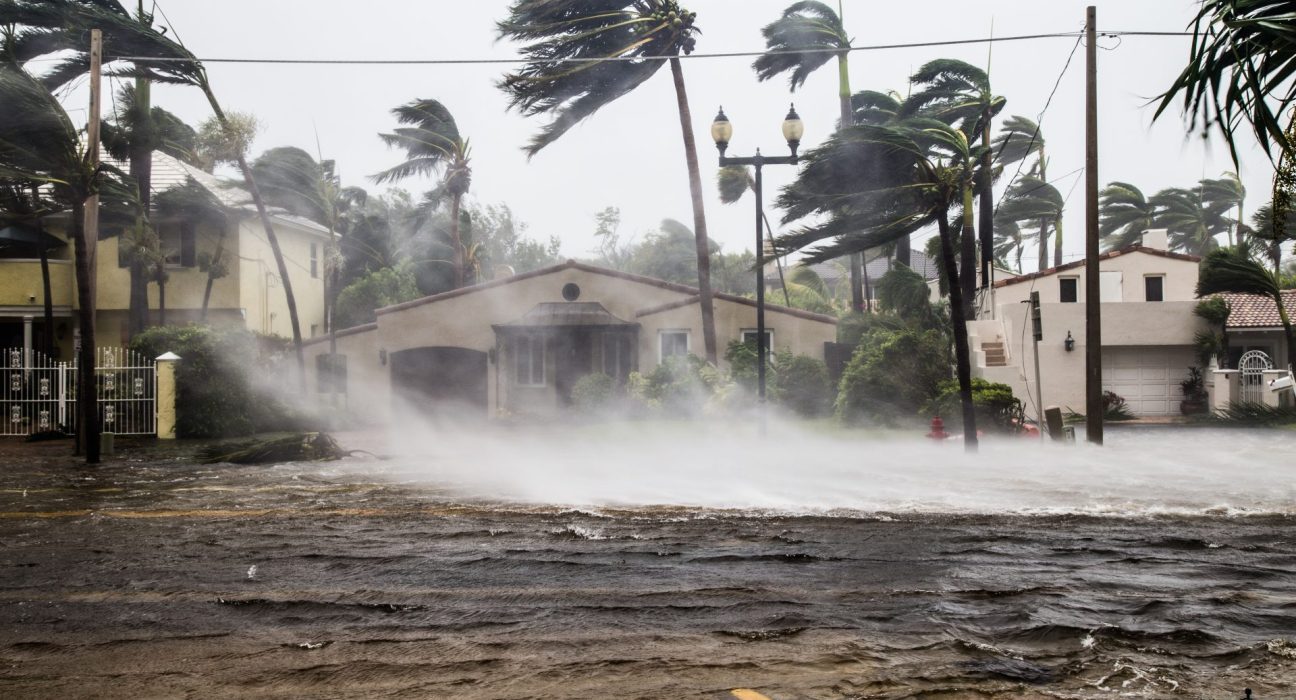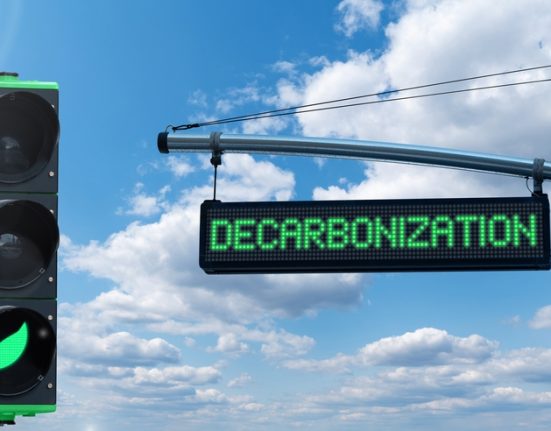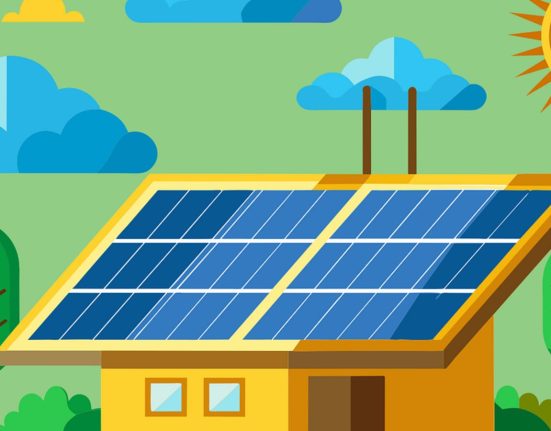Help keep One Green Planet free and independent! Together we can ensure our platform remains a hub for empowering ideas committed to fighting for a sustainable, healthy, and compassionate world. Please support us in keeping our mission strong.
A recent survey by LendingTree has highlighted the growing concerns among homeowners about the impact of Climate change on their properties. With extreme weather events becoming more frequent, 51% of the 2,000 homeowners surveyed fear for their homes’ safety and their financial well-being. This worry is grounded in the reality that severe weather, from floods and hurricanes to heat waves, could lower property values and increase insurance costs.
Source: The Economist/YouTube
Significantly, 70% of homeowners anticipate a rise in home insurance expenses due to the severe weather and sea level changes caused by Climate change. Approximately half of the respondents are concerned about the negative effects on property values, with a quarter believing their home’s value could be impacted within the next decade. Already, 20% have seen their insurance costs climb because of these risks, underscoring the direct financial implications.
The survey revealed a hierarchy of concerns, with severe storms, hurricanes, flooding, heatwaves, and wildfires leading the list of climate-related fears. This anxiety is not unfounded; a 2023 report by the First Street Foundation noted that 3.2 million Americans have moved due to high flood risks between 2000 and 2020, a trend expected to continue, with an estimated 7.5 million Americans moving away from at-risk areas in the next 20 years.
Despite efforts by some cities to position themselves as safe havens, the reality is that no area in the United States is immune to the effects of Climate change. This has led to a considerable number of people—34% of those living in at-risk areas—considering relocation, with 13% already having moved.
In response to these challenges, LendingTree Home Insurance Expert Rob Bhatt recommends homeowners ensure they have sufficient insurance coverage and take proactive measures to mitigate weather-related damage. For those still concerned, relocating to a safer community might be the wisest course of action. As Climate change continues to shape our environment, adapting our living spaces and insurance policies becomes essential for safeguarding our homes and financial future.


Wake Up Climate Change Is Real by Tiny Rescue: Climate Collection
Related Content:
Easy Ways to Help the Planet:
- Eat Less Meat: Download Food Monster, the largest plant-based Recipe app on the App Store, to help reduce your environmental footprint, save animals and get healthy. You can also buy a hard or soft copy of our favorite vegan cookbooks.
- Reduce Your Fast Fashion Footprint: Take initiative by standing up against fast fashion Pollution and supporting sustainable and circular brands like Tiny Rescue that raise awareness around important issues through recycled zero-waste clothing designed to be returned and remade over and over again.
- Support Independent Media: Being publicly funded gives us a greater chance to continue providing you with high-quality content. Please consider supporting us by donating!
- Sign a Petition: Your voice matters! Help turn petitions into victories by signing the latest list of must-sign petitions to help people, animals, and the planet.
- Stay Informed: Keep up with the latest news and important stories involving animals, the environment, sustainable living, food, health, and human interest topics by subscribing to our newsletter!
- Do What You Can: Reduce waste, plant trees, eat local, travel responsibly, reuse stuff, say no to single-use plastics, recycle, vote smart, switch to cold water laundry, divest from fossil fuels, save water, shop wisely, Donate if you can, grow your food, volunteer, conserve energy, compost, and don’t forget about the microplastics and microbeads lurking in common household and personal care products!






